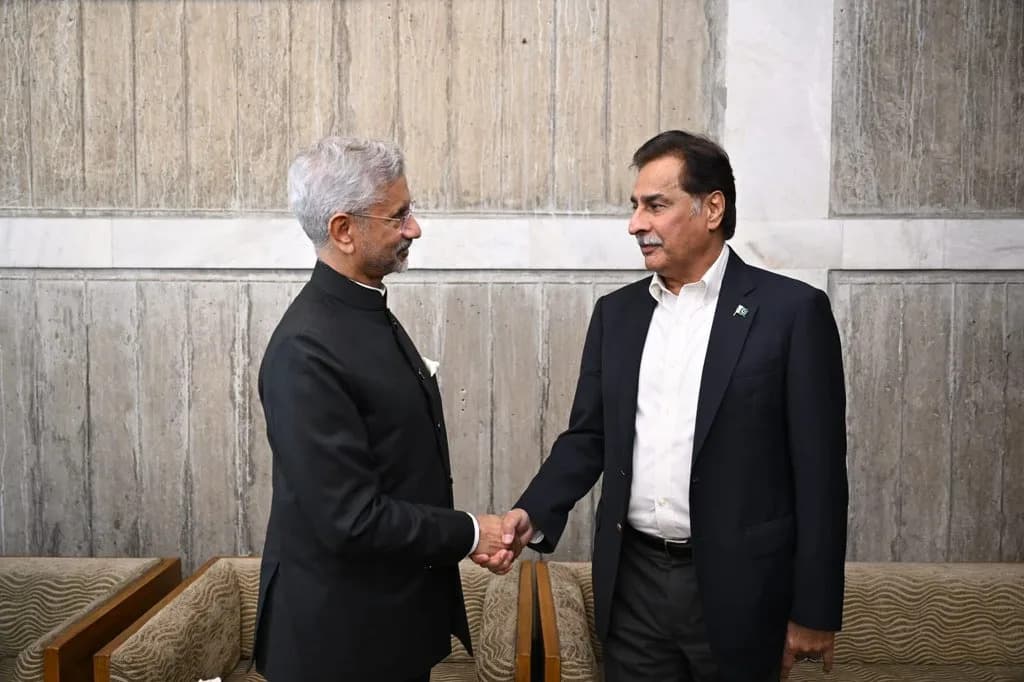Nearly 2,100 Sikh pilgrims from India entered eastern Pakistan after authorities reopened the Wagah border crossing to allow travel to Nankana Sahib, the birthplace shrine of Guru Nanak Dev. Pakistani officials described the visit as the first people-to-people contact since a brief conflict in May and framed it as a sign of respect for religious minorities. The move comes against the backdrop of heightened tensions earlier in the year, including accusations, cross-border strikes and a U.S.-brokered ceasefire. Full diplomatic and trade ties between the two countries have not yet been restored.
Nearly 2,100 Indian Sikhs Cross into Pakistan for Annual Pilgrimage to Nankana Sahib

Indian Sikh Pilgrims Granted Access to Pakistan for Religious Observance
Nearly 2,100 Sikh pilgrims from India arrived in eastern Pakistan on Tuesday to take part in the annual observance marking the birth of Sikhism’s founder, Guru Nanak Dev, officials said. Pakistani authorities temporarily reopened the Wagah border crossing — closed for months amid recent tensions — specifically to facilitate the pilgrimage.
The group reached Lahore and were scheduled to travel onward to Nankana Sahib in Punjab province, home to the Gurdwara Janam Asthan, the shrine built at the birthplace of Guru Nanak Dev.
"Granting visas to Sikh pilgrims and reopening the border demonstrates Pakistan’s respect for religious minorities and commitment to fostering cultural ties, despite ongoing political disputes," said government official Nasir Mushtaq.
Sikhs make up a very small minority in overwhelmingly Muslim Pakistan, and such cross-border pilgrimages are an important part of religious and cultural exchange between the two countries.
Background: Tensions and a Fragile Ceasefire
Pakistan and India have a long history of strained relations. Tensions flared in April after New Delhi accused Islamabad of supporting militants who carried out an attack that killed 26 tourists in Indian-administered Kashmir; Pakistan denied the allegation and called for an international investigation. In the months that followed, diplomatic ties were downgraded, several border crossings were closed and both sides reported cross-border military strikes.
The brief fighting subsided after U.S. President Donald Trump said he had brokered a ceasefire intended to prevent a wider conflict. Nevertheless, full restoration of diplomatic relations, trade links and regular cross-border travel has not yet occurred.
Significance: Officials presented the pilgrims’ entry as a confidence-building step and a gesture toward protecting religious freedom, even as broader political and security issues remain unresolved.
Help us improve.

























